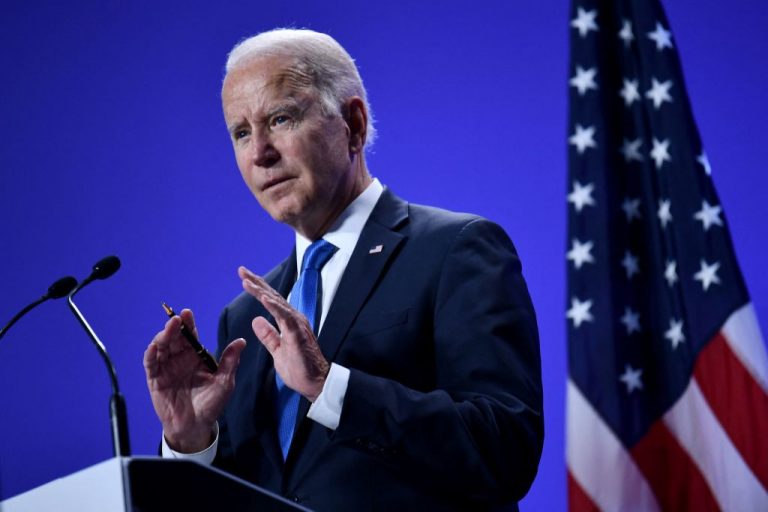U.S President Joe Biden announced on Tuesday, Nov. 8, that American investments will not be allowed to funnel into Chinese companies with ties to the People’s Liberation Army (PLA).
The ban was first created by former President Donald Trump as an executive order in November 2020. The ban will now be extended beyond Nov. 12, 2021, Biden said.
“The PRC [People’s Republic of China] is increasingly exploiting United States capital to resource and to enable the development and modernisation of its military, intelligence, and other security apparatuses, which continues to allow the PRC to directly threaten the United States homeland and United States forces overseas,” Biden wrote in a letter to House of Representatives Speaker Nancy Pelosi.
The executive order was first signed into effect to deter American investment firms, pension funds and venture capitalists from buying shares of Chinese companies that were blacklisted by the U.S Department of Defense as having ties with the PLA.
The ban’s extension follows a previous change in June where about a dozen Chinese firms and subsidiaries were added to the list, raising the total number of blacklisted Chinese companies to 59. The additions included 10 publicly listed companies such as China General Nuclear Power Corp, China Mobile Communications Group, China National Offshore Oil Corp and plastic pipe manufacturer Aerosun Corp.
Success
You are now signed up for our newsletter
Success
Check your email to complete sign up
Also included in the ban was Chinese mobile leader Huawei Technologies Ltd and Semiconductor Manufacturing International Corp — a key company in China’s national drive to boost its domestic chip sector.
“I find that the use of Chinese surveillance technology outside the PRC and the development or use of Chinese surveillance technology to facilitate repression or serious human rights abuse constitute unusual and extraordinary threats,” Biden said.
The new expansion also removed some top names from the list such as Commercial Aircraft Corp of China, which has been in competition with American aerospace company Boeing Co and Airbus in innovating space and telecommunications technology.
Gowin Semiconductor Corp and Luokung Technology Corp, two companies that previously challenged the ban in court, were also removed from the list.
While China hawks in Washington applauded Biden’s extension of the policy, some took aim at the administration’s failure to add new companies to the list since the June revisions.
“While we should applaud the extension of the ‘national emergency’… it’s hard to understand why not one Chinese company has been added to this modest capital markets sanctions list since the issuance of the Order on June 3,” said Roger Robinson, former chairman of the congressional U.S.-China Economic and Security Review Commission.
Civil-military links in China are very common, as the Chinese Communist Party (CCP) takes a “whole-of-society” approach to national defense, espionage, and other political matters. The PLA’s modern doctrine is centered on “unrestricted warfare” which sees all interaction with other countries as a part of an existential struggle for dominance.
The new order announced that American investors remain barred from buying new securities in these blacklisted companies but will have a year to divest existing holdings.














